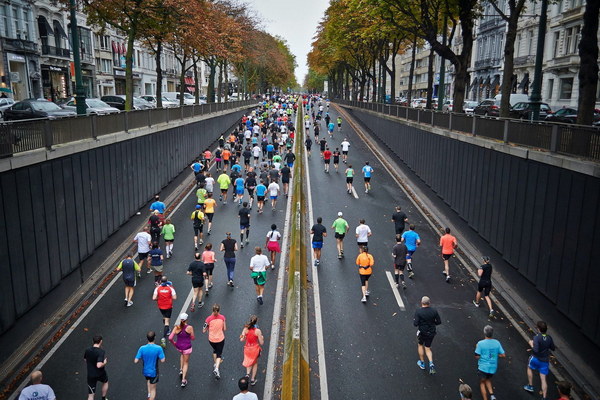In the Wake of COVID-19 The Closure of Foot Massage Parlors in Xinyang, China
The bustling streets of Xinyang, a city in central China, have long been adorned with the inviting aroma of essential oils and the soothing sounds of traditional Chinese music. Among these establishments, foot massage parlors have been a sanctuary for weary souls seeking relief from the stresses of daily life. However, the outbreak of COVID-19 has brought an unprecedented halt to the city's usual rhythms, including the closure of these establishments. This article explores the impact of the pandemic on Xinyang's foot massage parlors and the lives of those they serve.

As the novel coronavirus began to spread across the globe, Chinese authorities swiftly implemented stringent measures to contain the disease. In Xinyang, the local government did not hesitate to close down businesses that were deemed high-risk, including foot massage parlors. The decision was not taken lightly; these businesses were not only places of relaxation but also significant contributors to the local economy.
Foot massage parlors in Xinyang have been a staple of the city's cultural fabric, offering a blend of traditional Chinese medicine and modern wellness practices. They have been frequented by a diverse clientele, ranging from busy professionals seeking a moment of tranquility to the elderly looking for relief from arthritis or other chronic conditions.
The closure of these parlors has had a ripple effect on the local community. Many masseurs and masseuses, who rely on their income to support their families, have found themselves unemployed. For some, this means a significant loss of income that is difficult to recover. I've been working at the same parlor for over a decade, said Li Mei, a masseuse who has seen her livelihood vanish overnight. Now, I'm struggling to find a new job in a city that's losing its charm.
The economic impact is not the only concern. The closure of these establishments has also raised questions about public health. While foot massage is generally considered a safe practice, it is not immune to the risks posed by COVID-19. The close proximity between clients and masseurs, the use of communal equipment, and the potential for airborne transmission all pose risks. The government's decision to close these businesses was a precautionary measure to protect the health of the population.
The absence of foot massage parlors has also left many people feeling disconnected from their traditional wellness practices. Foot massage has always been a part of my life, says Mr. Wang, a long-time client. It's not just about the physical relief; it's about the mental peace. Without it, I feel lost.
In response to the crisis, some foot massage parlors have attempted to adapt. Some masseurs have set up mobile services, offering home visits while adhering to strict hygiene protocols. Others are exploring online platforms to provide virtual massage sessions. While these solutions are a step in the right direction, they cannot fully replace the experience of a physical visit to a parlor.
The closure of foot massage parlors in Xinyang is a poignant reminder of the far-reaching consequences of the COVID-19 pandemic. It has affected not just the economy, but also the social fabric of the community. As the world grapples with the ongoing health crisis, it is essential to recognize the importance of both economic and emotional well-being. The hope is that, as the pandemic wanes, these establishments will be able to reopen their doors, welcoming back their clients and restoring a sense of normalcy to Xinyang's streets.
In the meantime, the people of Xinyang must find ways to cope with the loss of their cherished foot massage parlors. The resilience of the local community will be tested, but it is a testament to their strength that they will emerge from this challenging period more united than ever before.









